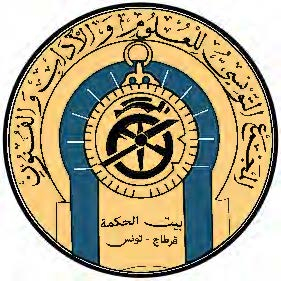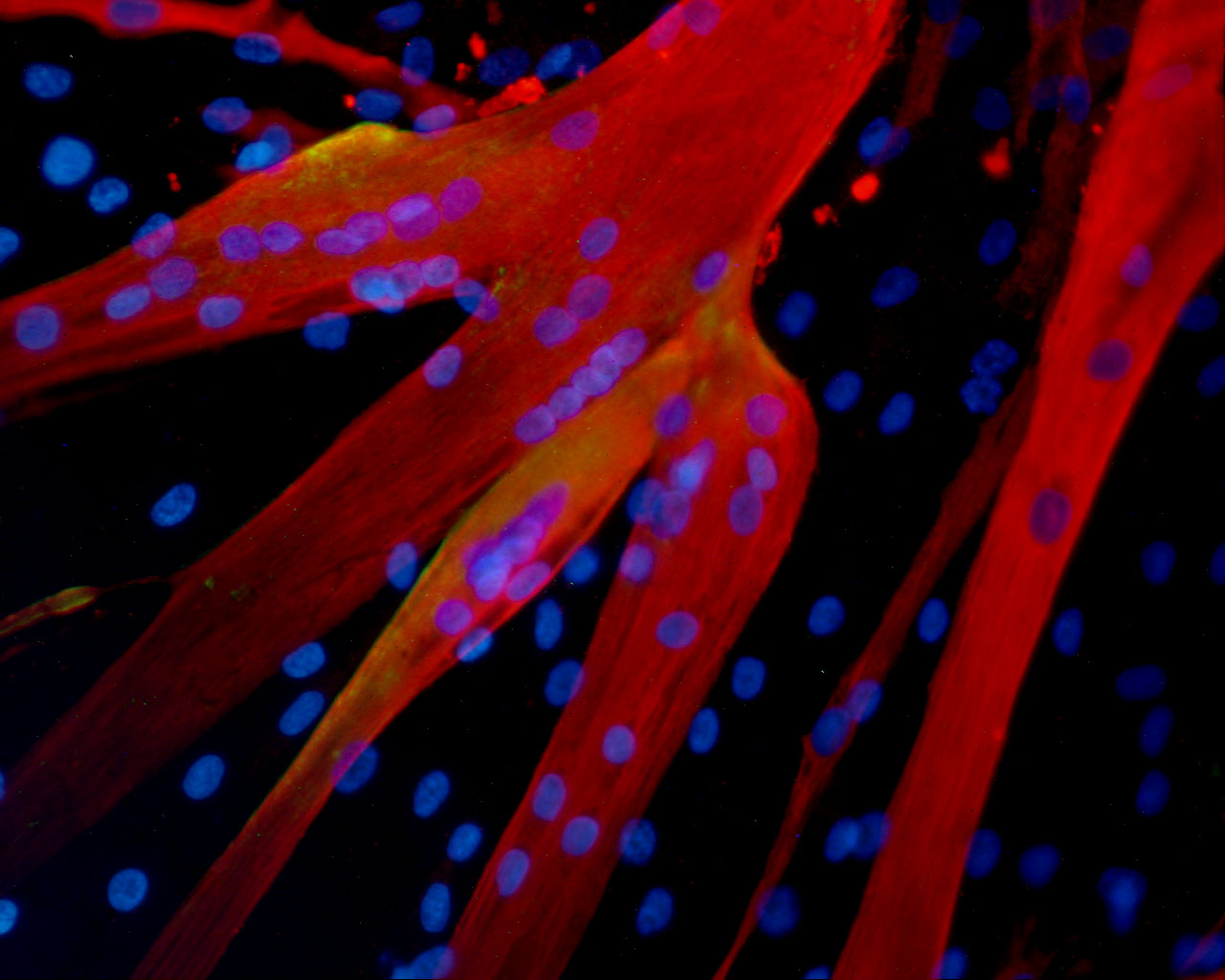
Tunisian Academy of Sciences, Letters and Arts Beit al Hikma
1992
The Tunisian Academy Bert ai-Hikma "House of Wisdom" is a scientific institution, founded in 1992 (Law 116-92 dated 30 November 1992L taking over from the National Foundation for Translation, Establishment of Texts and Studies, which was started in 1983. A governmental (decree 2012- 1226 dated 24 July 2012) and a new governmental decree (decree 315 dated 21 March 2019) made it possible to update the financial and administrative structure of the Academy. The mission of the Tunisian Academy Bert ai-Hikma is primarily scientific; it aims at the encouragement of scientific research and creativity.
Its stated objectives include the following : a) Serving as a meeting-place for distinguished scholars and providing them with the opportunity for promoting research in different fields of intellectual and scientific activity as well as exchanging ideas and experience.
b) Bringing together the leading scientific figures and enabling them to promote research in different scientific and cultural areas and exchange information in order to keep in touch with the latest developments in the world of sciences in coordination with similar institutions all around the world.
c) Contributing, through co-ordination with similar institutions having the same vocation
around the world, to the enrichment of the Arabic language, seeing to it that it is correctly used, bringing together and developing its full potential for keeping abreast with sciences and arts.
d) Helping to safeguard the national cultural heritage through research and publication.
e) Compiling dictionaries and encyclopaedias and translating works.
f) Organizing symposiums and conferences about those fields that come within the remit of the Academy.
g) Encouraging creativity and the distribution of intellectual and artistic works.
h) Giving opinions on those issues that are part of its responsibilities and which might be sought by the competent controlling authority or any other ministerial department or' institution. The Academy could also take the initiative of self-reliance and make recommendations on topical issues whenever it deems it necessary.
The Academy has three sections: Science, Letters and Arts and five departments:science, human and social sciences, letters, Islamic studies and arts. The current number of Academy's members is 126: Active members, Associate members, Honorary members and Corresponding members.
The Academy elects freely its members, and the President is elected among his peers.
The relationship and role of the government in respect to the Academy is financial, the
Academy provides free and independent science-based opinions.
The Academy compiles dictionaries, encyclopedias and translating works and has an editing activity; it publishes about 15 books annually.
The Tunisian Encyclopedia is an open electronic encyclopedia, titled "mawsouaa" (http: //www.mawsouaa.tn/wiki/ ), edited in Arabic, and it aims to promote the language, the Tunisian history, culture, herita ge and achievements in all fields (science, literature, arts). It is hosted in the Academy website.
Public Lectures are given by members of the Academy and invited speakers; they are open to the public and aim to promote science culture. The lectures given during the academic year are gathered in a volume and published in the language used and in Arabic.
